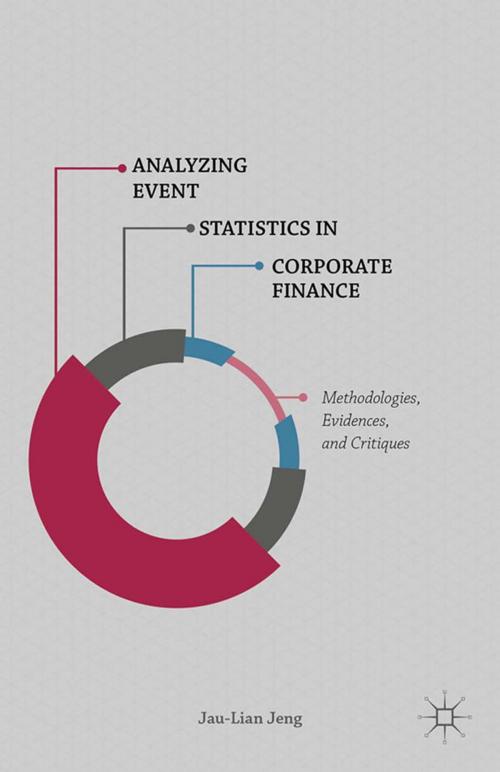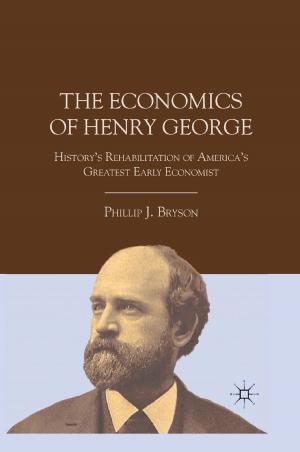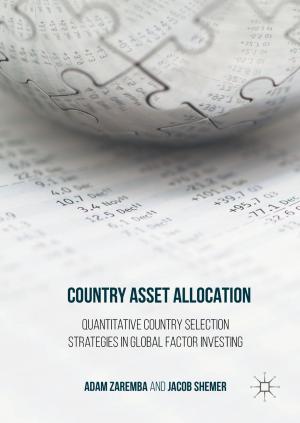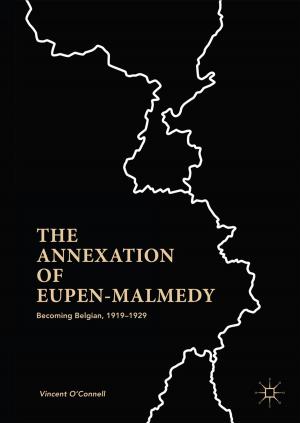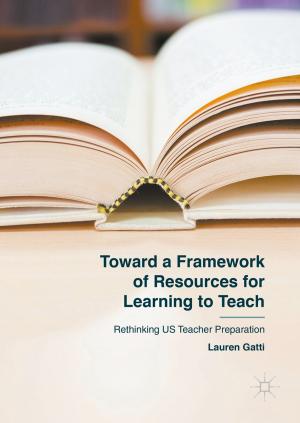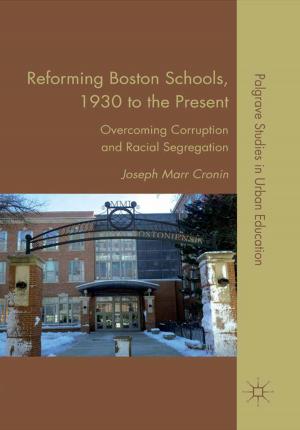Analyzing Event Statistics in Corporate Finance
Methodologies, Evidences, and Critiques
Business & Finance, Economics, Econometrics, Finance & Investing, Corporate Finance| Author: | Jau-Lian Jeng | ISBN: | 9781137491602 |
| Publisher: | Palgrave Macmillan US | Publication: | February 4, 2015 |
| Imprint: | Palgrave Macmillan | Language: | English |
| Author: | Jau-Lian Jeng |
| ISBN: | 9781137491602 |
| Publisher: | Palgrave Macmillan US |
| Publication: | February 4, 2015 |
| Imprint: | Palgrave Macmillan |
| Language: | English |
Analyzing Event Statistics in Corporate Finance provides new alternative methodologies to increase accuracy when performing statistical tests for event studies within corporate finance. In contrast to conventional surveys or literature reviews, Jeng focuses on various methodological defects or deficiencies that lead to inaccurate empirical results, which ultimately produce bad corporate policies. This work discusses the issues of data collection and structure, the recursive smoothing for systematic components in excess returns, the choices of event windows, different time horizons for the events, and the consequences of applications of different methodologies. In providing improvement for event studies in corporate finance, and based on the fact that changes in parameters for financial time series are common knowledge, a new alternative methodology is developed to extend the conventional analysis to more robust arguments.
Analyzing Event Statistics in Corporate Finance provides new alternative methodologies to increase accuracy when performing statistical tests for event studies within corporate finance. In contrast to conventional surveys or literature reviews, Jeng focuses on various methodological defects or deficiencies that lead to inaccurate empirical results, which ultimately produce bad corporate policies. This work discusses the issues of data collection and structure, the recursive smoothing for systematic components in excess returns, the choices of event windows, different time horizons for the events, and the consequences of applications of different methodologies. In providing improvement for event studies in corporate finance, and based on the fact that changes in parameters for financial time series are common knowledge, a new alternative methodology is developed to extend the conventional analysis to more robust arguments.
